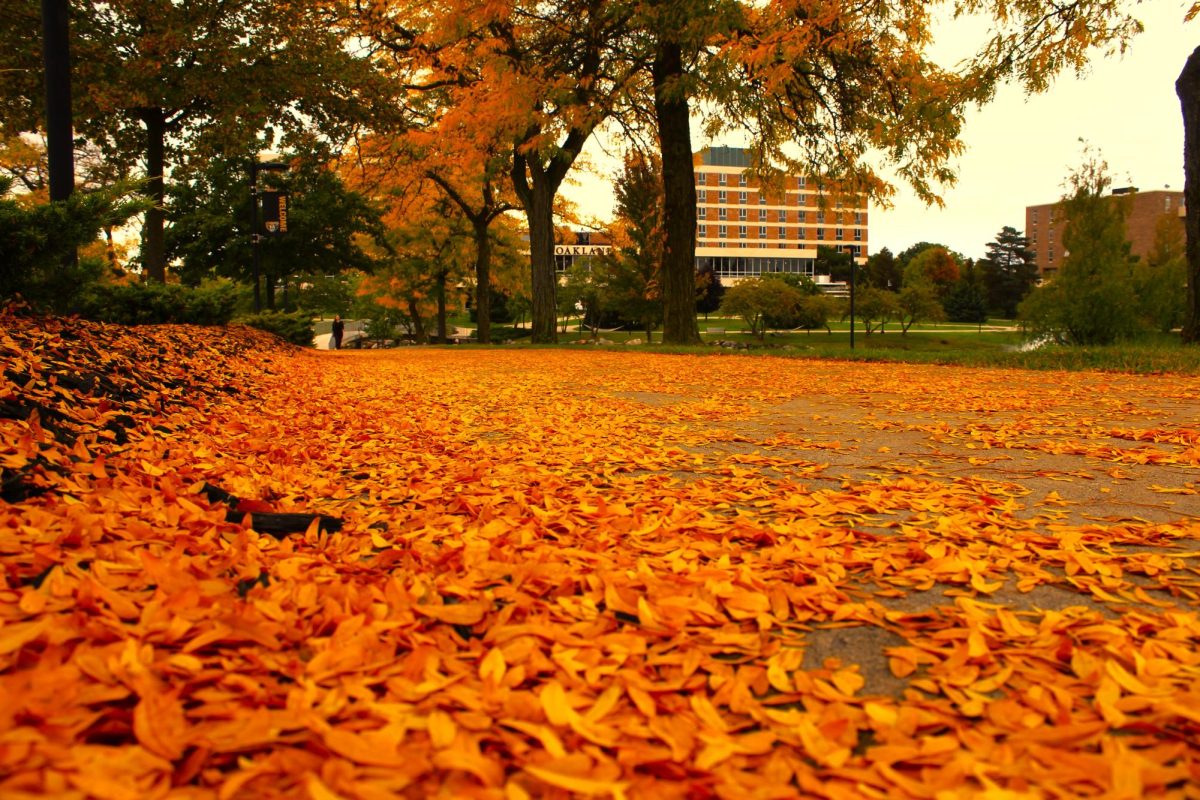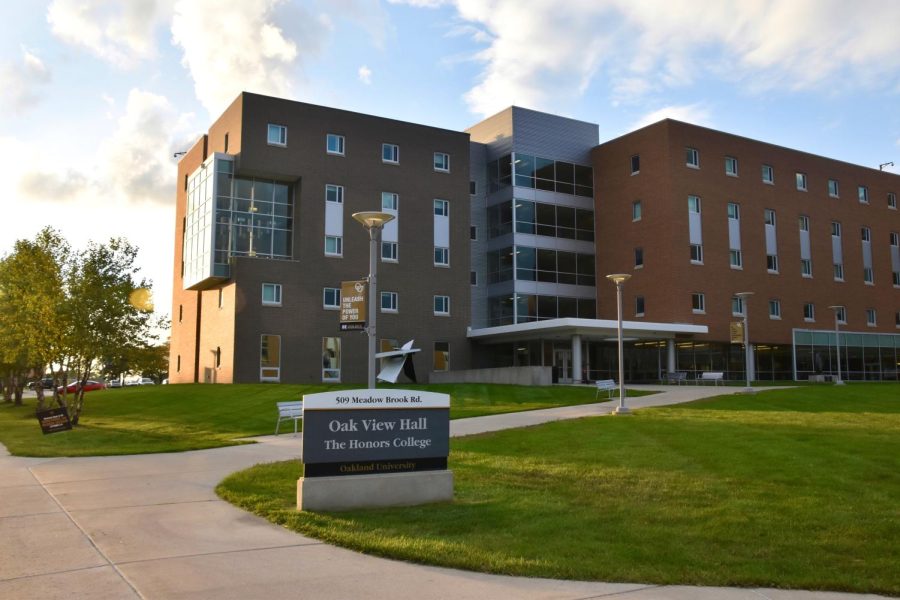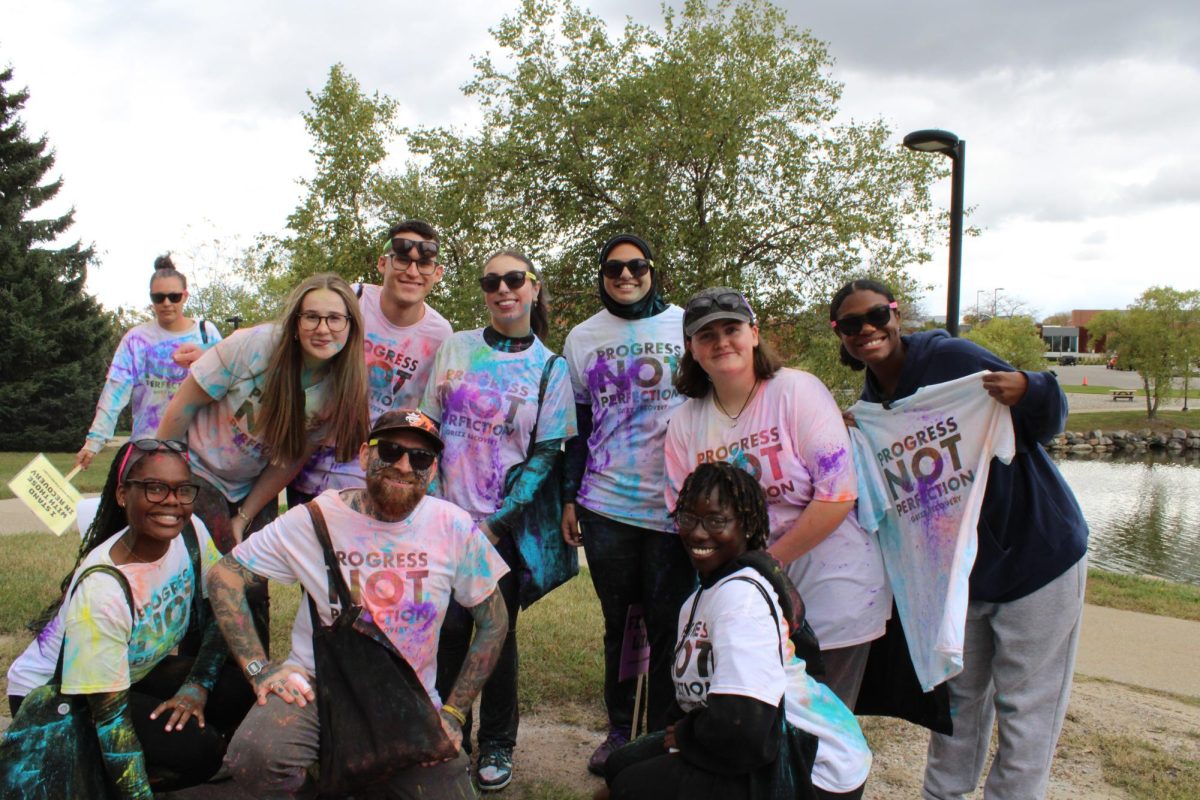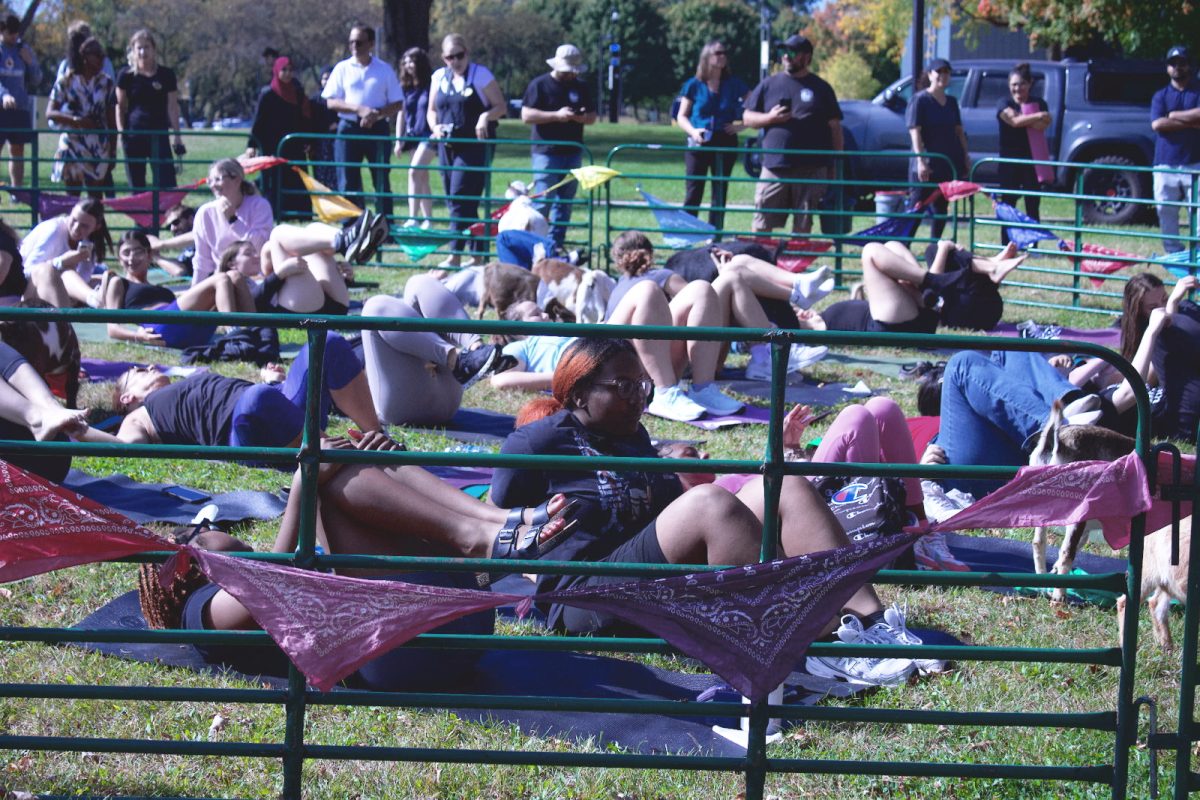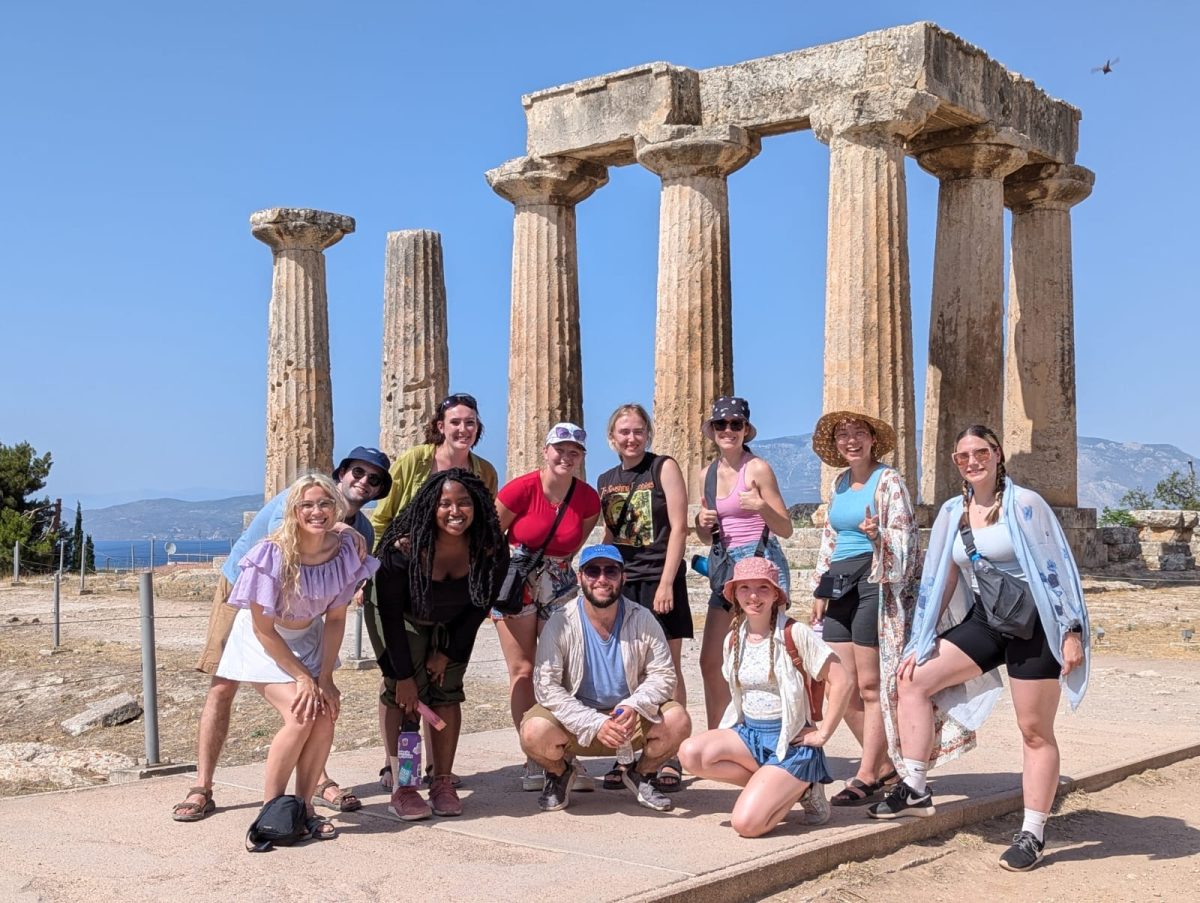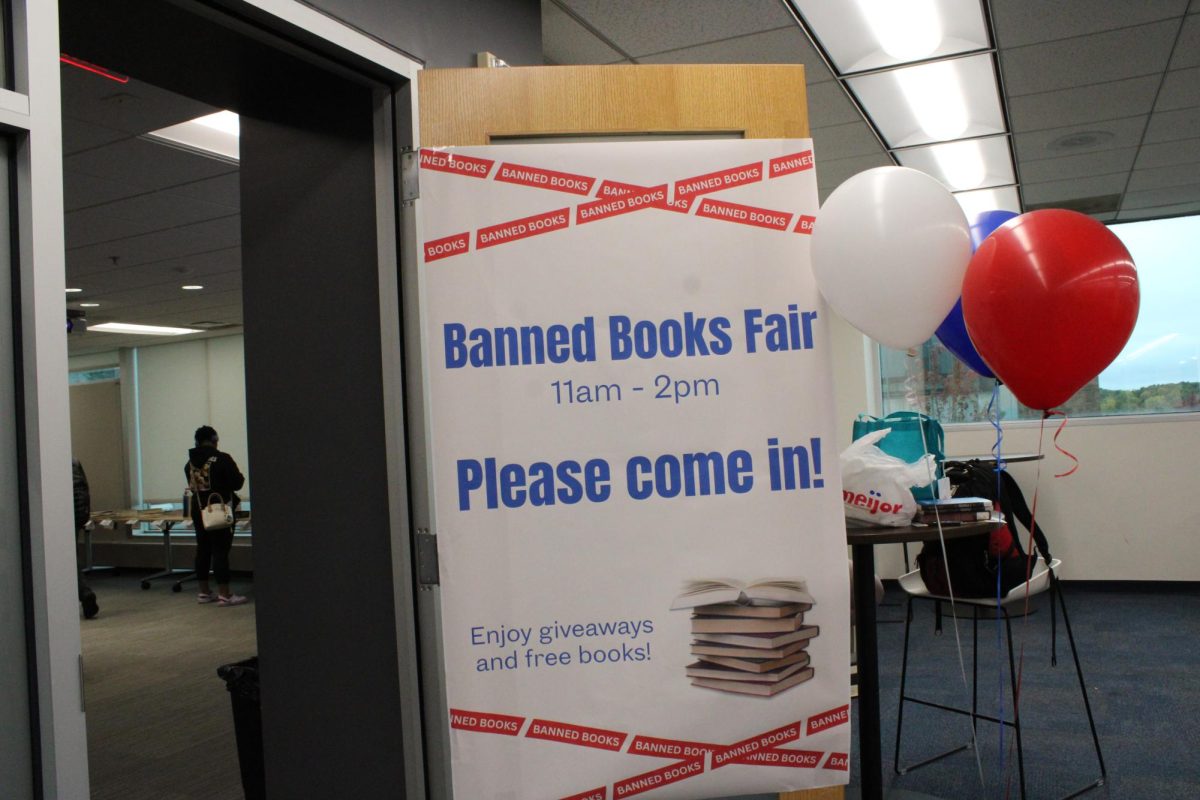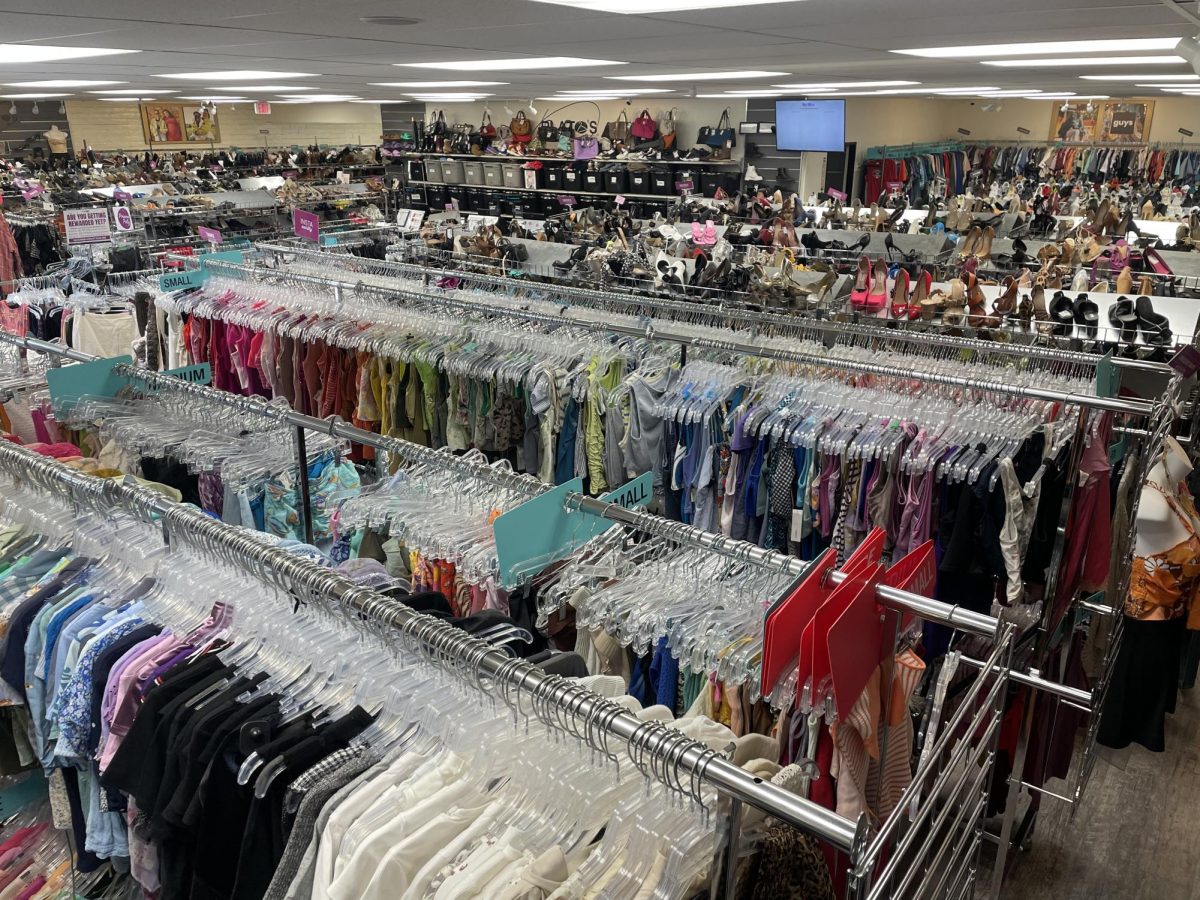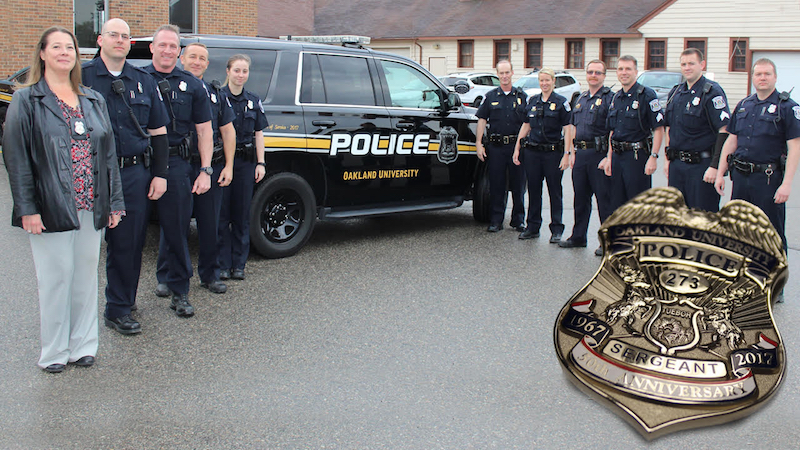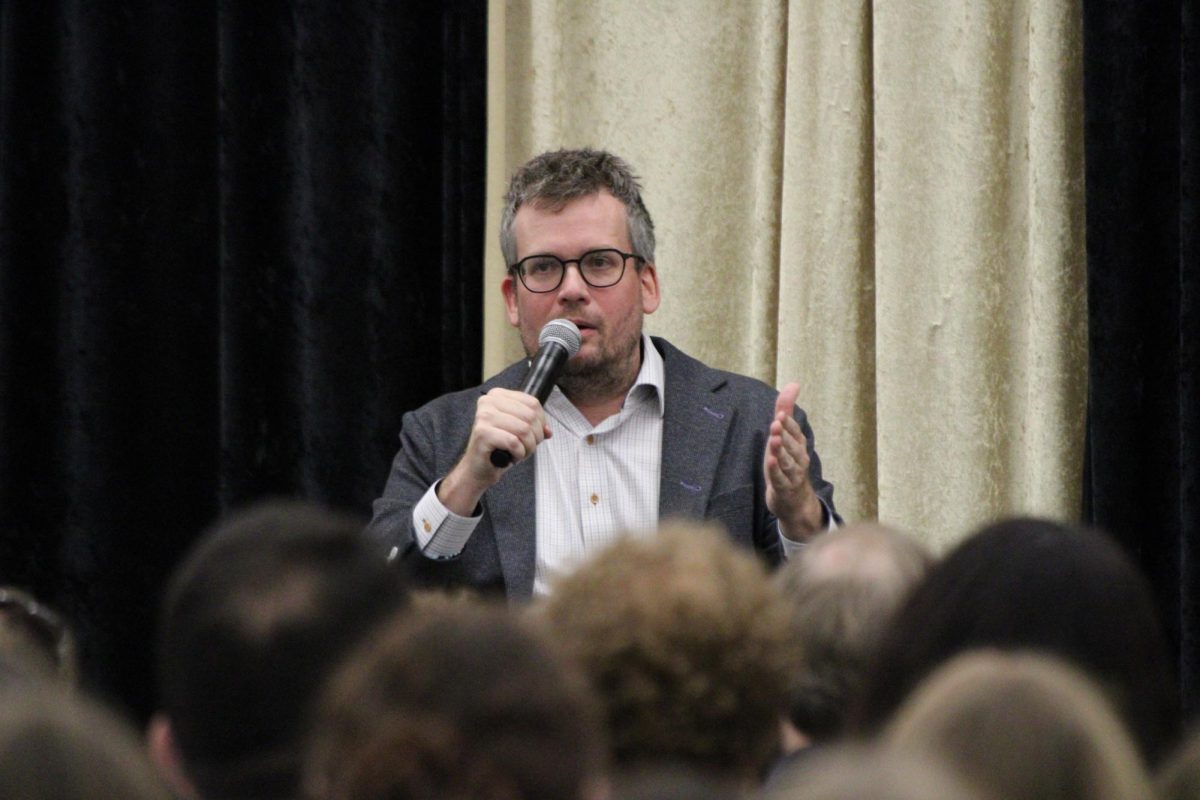The Oakland University Board of Trustees (BOT) held the first Fall 2024 meeting on Oct. 18 to discuss new initiatives in the Department of Political Science, review the Investment Advisor’s Report and approve the Science Complex Innovation project.
OU President Ora Hirsch Pescovitz began the meeting by congratulating the Executive Legal Secretary, Carolyn Moss Hogan, retiring after 35 years of working at OU. An artistic performance by lecturer and percussionist, Justin Lamb, followed.
President’s Report
Pescovitz listed the Grizzly Moments of Pride beginning with Grizzfest, an increase in fall enrollment and collaborations with Oakland Community College.
“Our current undergraduate students have surpassed our new undergraduate enrollment goals for the third consecutive year,” Pescovits said. “We’re excited that admission applications for new undergraduate students for Winter are up 34%.”
To further support the growing student body, Pescovitz also announced the awarding of various grants.
“On October 7, we received a very important award, a $482,000 grant, a college success grant,” Pescovits said. “The second award that we received is called the Green Initiative and the purpose of these grants is to improve graduation rates for first-generation students.”
OU student Marcus Johnson’s growing popularity, five on-campus ribbon cuttings and a plan to increase graduation rates finalized the meeting’s moments of pride.
Diplomacy Lab and Center for Civic Engagement
Since the beginning of the year, OU faculty and students have become part of the Diplomacy Lab, a public-private partnership between the US Department of State and academic institutions, to conduct research on global problems.
“We get, from the Diplomacy Lab, sort of a menu of project requests,” Peter F. Trumbore, professor and chair of the Political Science Department, said. “The idea is to create opportunities for students like ours to directly engage with the State Department, with fundamental questions of public policy, to have a role in the decision of an agency that we often think of as disconnected from the world.”
Some of the projects that OU students have been working on are understanding the resurgence of military coups in West Africa, strategizing micro-learning modules and the impacts of ecotourism in local industries.
“[The Department of State] has all that curriculum, they just don’t have anybody who can put it into a deliverable format so what they’re going to provide to our team is sort of the raw information that they want boiled down into these micro-learning modules,” Trumbore said. “The folks that are doing the project on West Africa, they are looking at French language resources from the countries in the region, and they’re doing a deep dive into some of the theoretical arguments about colonial legacy.”
Distinguished Professor of the Political Science Department, David A. Dulio spoke on the initiatives of the Center for Civic Engagement (CCE) during the election season.
Serving as a convener of conversations, the CCE hosts a variety of events and public discussions of civic life. Dulio highlighted the latest event on the Dennis Muchmore Public Policy series, All Eyes on the Great Lakes State: Michigan’s Importance in the 2024 Campaign, featuring Karl Rove and Donna Brazile, on Oct 30.
“There is a growing number of organizations who are interested in this work and who have invited us to partner with them earlier this year,” Dulio said. “We worked with the Southeast Michigan Council of Governments and their Metropolitan Affairs Coalition on an evening of civility health.”
Dulio touched on the relevance of Michigan as a decisive state in the presidential election as “small shifts in support can have such an incredible impact on the outcome,” he explained. He listed Arab American voters, the youth vote and the perspectives on crisis management such as that of Hurricane Helene as key points of interest as the election gets closer.
Investment Advisor’s Report
Vice President of Finance and Administration, Stephen W. Mackey, introduced speakers from the financial services company UBS and Common Fund to speak about OU’s endowment and operating assets.
“We serve as a fiduciary to the university for the management of the endowment. We make sure that we oversee and follow directly the Investment Policy Statement,” UBS Senior Vice President, Becky Swanson said. “We actually started back about 15 years ago.”
The $47 million that has been put into the endowment by OU allowed UBS to add equities, private equities and private credit within the investment policy, Swanson said.
“The performance brought you to about 152 million —excuse me, that was the end of June — And right now we’re at about 160 million,” Swanson said. “For the tenure —that’s 10 years — you’ve averaged 7.8% net fees, on a five-year average that’s been 8.8. Your performance for the one year ending June 30, are up 13.96% and actually up another 5% or so since then. So very good, strong performance.”
Steve Snyder, manager director at Common Fund, OU’s outsourced chief investment office for working capital funds congratulated the university for achieving two milestones in their 35-year partnership.
“Your portfolio was up 9.7% net of fees, which is a little bit unheard of for operating assets,” Snyder said. “Just in 2024 alone, you started the year with $268 million in these operating reserves, you took roughly $11 million out in net cash flows, but through market appreciation of investments held on your behalf, we saw 23.9 million in appreciation.”
The goal of these partnerships is to manage OU assets to preserve liquidity and make sure that returns grow and appreciate over time, Snyder explained, thus managing them conservatively.
Trustee Kramer presented the university’s financial statement finalized at the committee an hour before the BoT with the auditors and recommended the board to accept them as audited by the public accounts.
Science Complex Innovation Project
Mackey also presented the Science Complex Innovation Project aiming to renovate Dodge Hall’s laboratories and classrooms. First seeking authorization in February 2024, the two-year project is scheduled to begin in June 2026, taking into account ADA compliance renovations, sustainability initiatives and a construction schedule during the academic semesters.
“The budget for the building project is $40 million — $30 million coming from the state of Michigan, and 10 million coming from Oakland,” Mackey said. “The capacity is going to stay about the same, but the contents are going to change. So right now, we have activities in there that are not wet lab-based research. We’re going to be moving those out so we can expand our wet lab research areas.”
Roof and window leaks that flood crowded labs, lack of fume hoods, poor ventilation, inconveniently located chemistry safety closets and outdated classroom layouts were listed as reasons for the renovation.
“What we’re going to be doing is new and modern style labs, this is very technical but it is all modular, everything is on the ceiling so it can move around, and desks are all on wheels; they can change and reconfigure the space,” Mackey said. “And our classrooms, we just have a different type of classroom now our pedagogy doesn’t match our physical footprint — our physical footprint actually hurts the pedagogy.”
A motion and a vote to approve the project’s $40 million budget was passed in favor alongside the motion and vote to approve a $30 million contract for Frank Rewold & Sons for the project.
OUAAUP-OU contract agreement ratification
Vice President for Human Resources, Joi Cunningham, sought approval of the contract agreement between OU and the OUAAUP. The five-year tentative agreement was ratified by the union on Sept. 25 with almost 80% of the membership approval.
No changes to retirement or healthcare benefits were included in the new contract. A detailed rundown of the agreement can be found in the BOT Agenda.
There were no new items for consideration or action items discussed. The meeting was adjourned with no further comments from the public.



